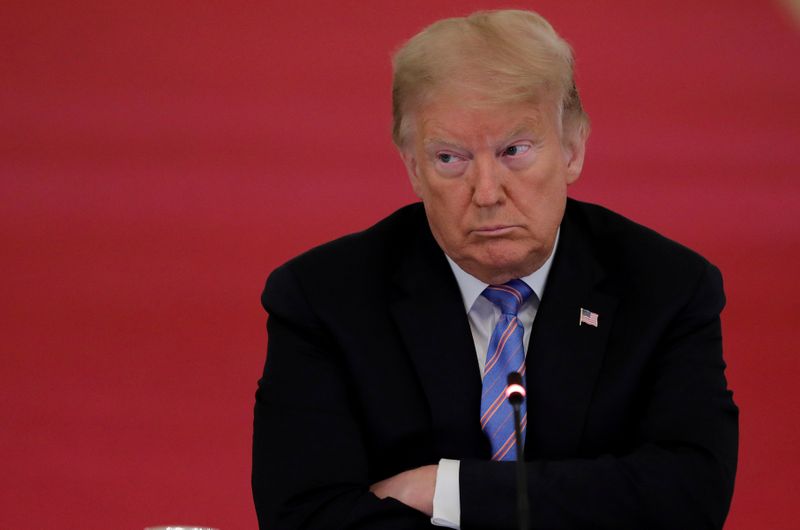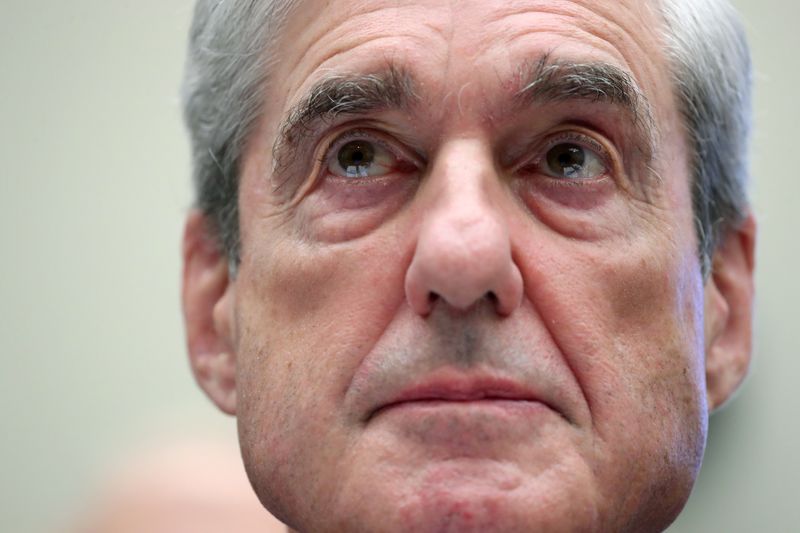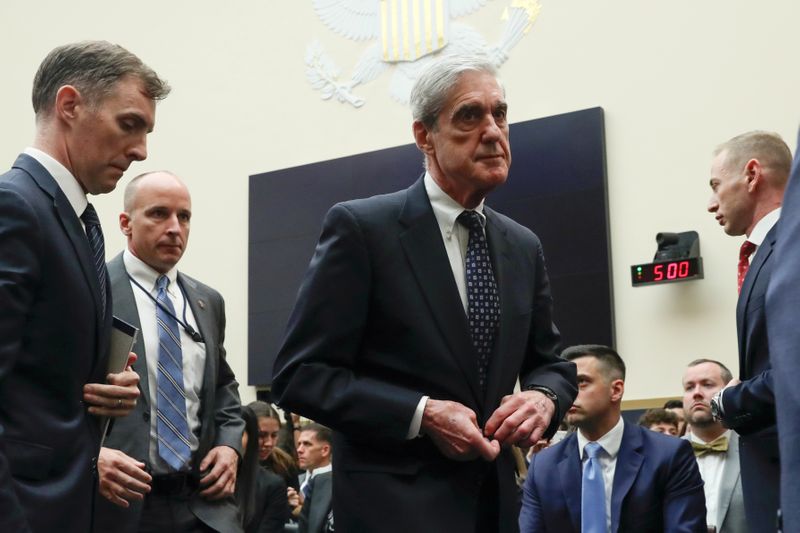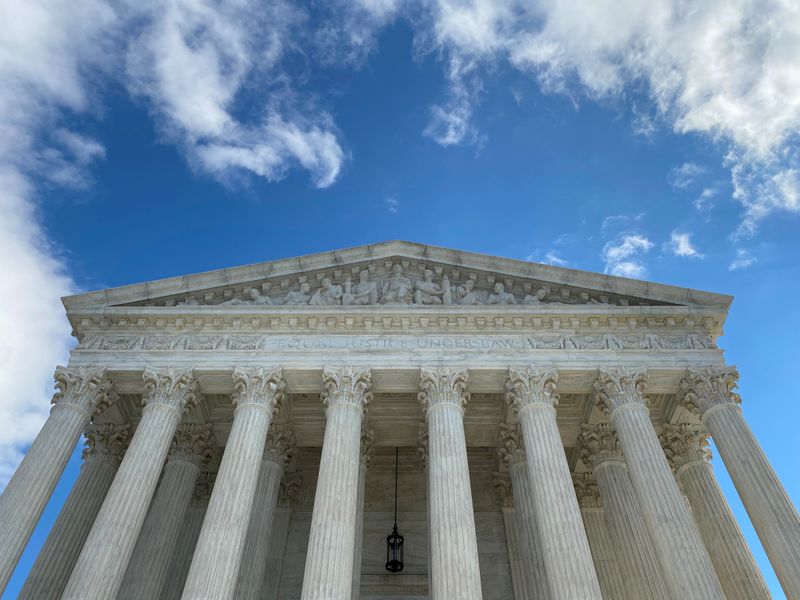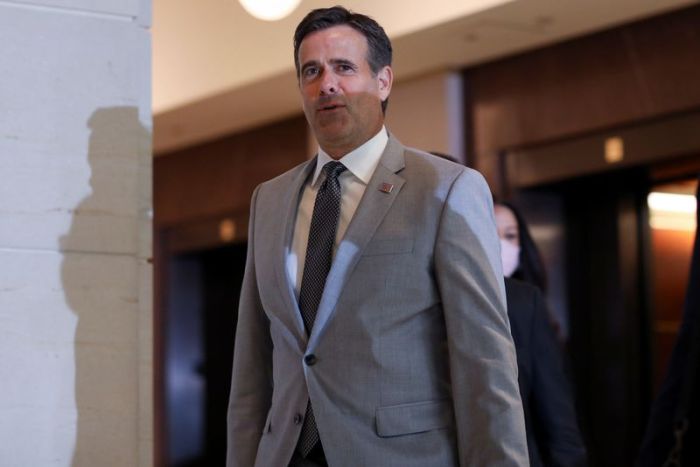WASHINGTON (Reuters) – Democratic U.S. lawmakers are highly unlikely to gain access before the Nov. 3 election to material withheld from former Special Counsel Robert Mueller’s report on Russian political meddling after the Supreme Court on Thursday agreed to hear President Donald Trump’s administration’s bid to keep it secret.
The House of Representatives Judiciary Committee last year subpoenaed grand jury materials related to the Mueller report, which documented Moscow’s interference in the 2016 presidential election to boost Trump’s candidacy. The Justice Department withheld the materials when the report was released.
The Supreme Court, which has a 5-4 conservative majority including two justices appointed by Trump, took up the administration’s appeal of a March ruling by the U.S. Court of Appeals for the District of Columbia Circuit that the materials must be given to the Democratic-led committee
The justices will hear the case in their next term, which starts in October, meaning the dispute almost assuredly will not be resolved before the election in which the Republican president is seeking a second four-year term in office.
“I am disappointed by the court’s decision to prolong this case further, but I am confident we will prevail,” said Representative Jerrold Nadler, the committee’s chairman.
Nadler said Trump’s administration is trying to “run out the clock on any and all accountability” ahead of the election.
The Justice Department did not immediately respond to a request for comment.
Should Trump’s Democratic opponent Joe Biden win November’s election, the incoming administration could seek to hand over the documents and the Supreme Court may not need to rule on the case.
Mueller submitted his report to U.S. Attorney General William Barr in March 2019 after a 22-month investigation that detailed Russian hacking and propaganda efforts to help Trump and harm his Democratic opponent Hillary Clinton and documented multiple contacts between Trump’s campaign and Moscow.
Barr, a Trump appointee who Democrats have accused of trying to protect the president politically, released Mueller’s 448-page report in April 2019 with some parts redacted. Democrats have expressed concern that Barr used the redaction process to keep potentially damaging information about Trump secret.
The redactions were made, according to Barr, in part to protect the customary secrecy of grand jury materials.
The Judiciary Committee last year subpoenaed the redacted grand jury material as part of a bid by Democrats to build a case for removing Trump from office through impeachment. The House impeached Trump in December on two charges unrelated to Russian election meddling. The Republican-led Senate acquitted him and left him in office in February.
The D.C. Circuit agreed with a judge’s decision that the House, in its impeachment investigation, was engaged in a judicial proceeding exempt from secrecy rules that typically shield grand jury material from disclosure. On May 20, the Supreme Court put the appeals court ruling on hold while it considered whether to hear the case.
Mueller’s investigation led to the criminal conviction of several Trump associates.
The Supreme Court is due to rule in the coming days on another showdown between Trump and congressional Democrats, this time over whether House committees can obtain through subpoena Trump’s financial records from his long-time accounting firm, Mazars LLP.
The justices are also weighing a related case on whether a New York prosecutor can subpoena similar documents from Mazars and two banks.
(Reporting by Lawrence Hurley; Editing by Will Dunham)

